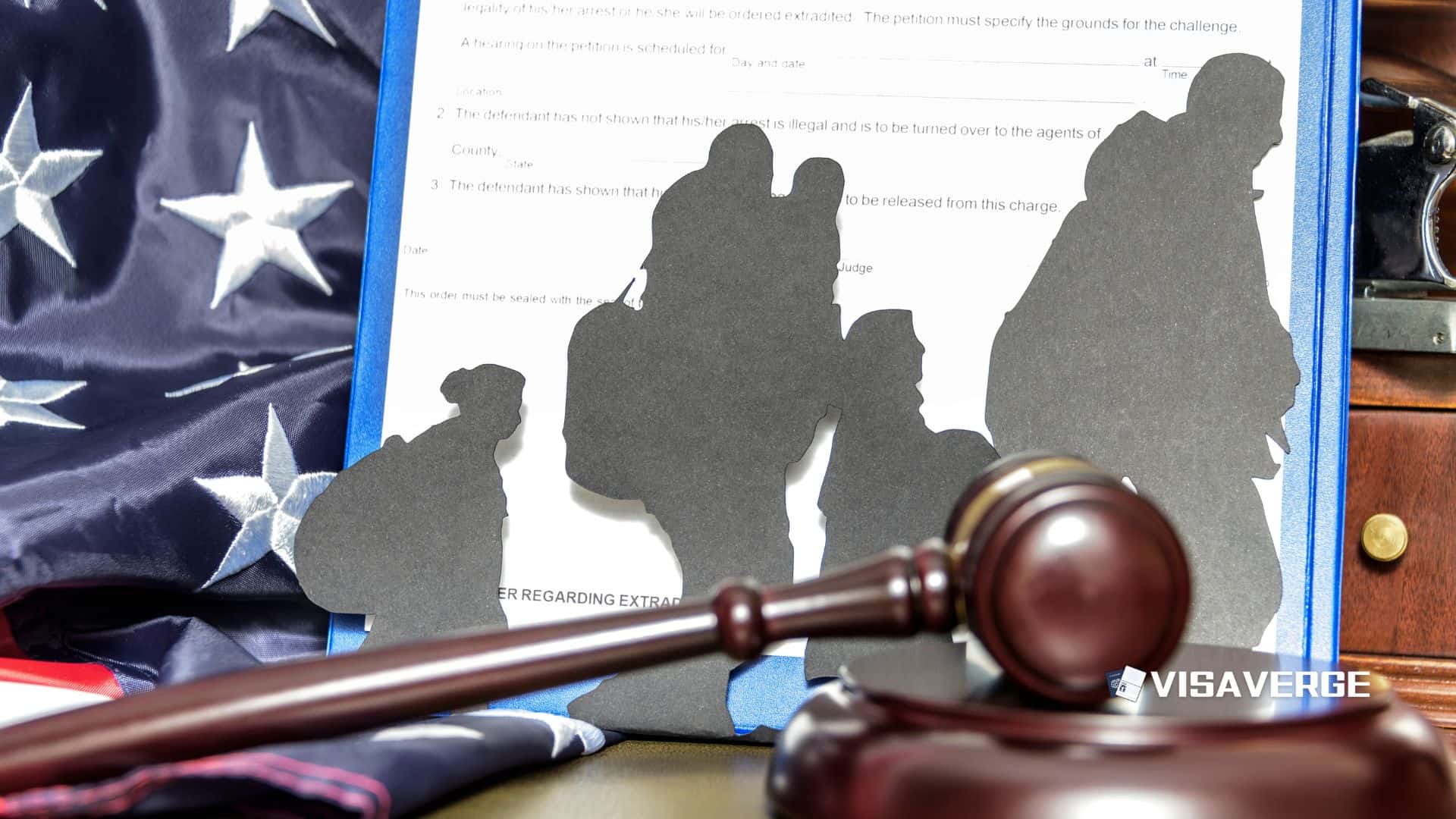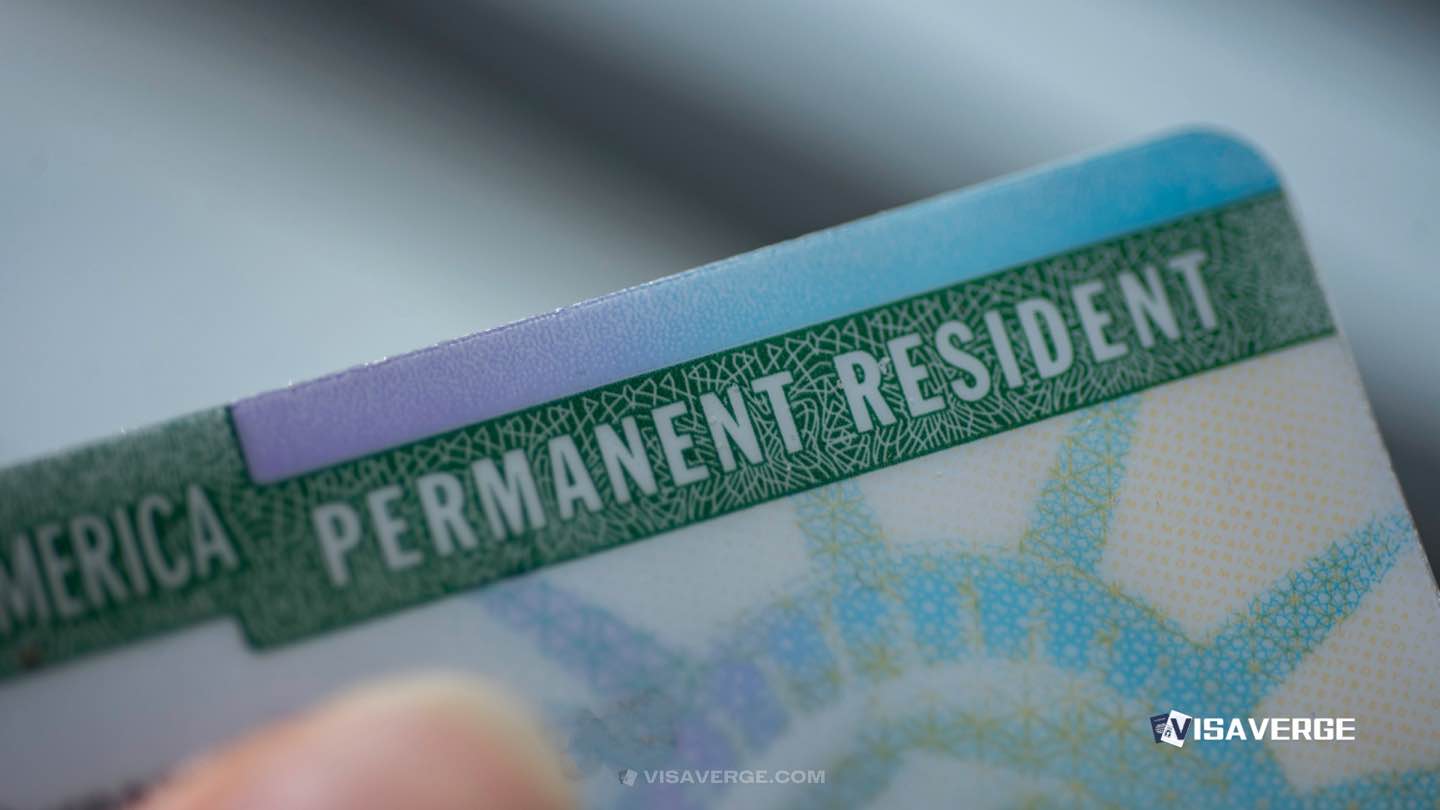(SUGAR LAND, TEXAS) The unveiling of the 90-foot Hanuman statue at the Sri Ashtalakshmi Temple in Sugar Land, Texas, has sparked a statewide and national debate over religious freedom, minority rights, and political rhetoric in the United States 🇺🇸.
The controversy flared in September 2025 when Texas Republican Senate candidate Alexander Duncan posted on social media that the statue was a “false statue of a false Hindu God,” adding that the nation is a “Christian country.” His posts, paired with biblical references warning against idols, drew swift backlash from Indian‑American groups, civil society leaders, and thousands of social media users.

Temple leaders and local residents say the monument—formally nicknamed the “Statue of Union”—was inaugurated in August 2024 as a cultural and spiritual project meant to welcome visitors of all backgrounds. Community advocates note it is the tallest Hanuman statue in North America and has already become a local landmark. For many Hindu families in Sugar Land, Texas, the statue represents faith, community pride, and a connection to heritage passed down through generations.
Hindu American Foundation (HAF) leaders condemned Duncan’s remarks and asked the Texas GOP to take action under its non‑discrimination guidelines. The group argues the candidate’s framing works against the First Amendment, which protects the free exercise of religion and blocks government endorsement of any faith. HAF said the comments single out Hindu residents and feed an unsafe climate.
According to reports shared by HAF and community leaders, similar slurs—“demonic” and “foreign deity”—appeared online from users aligned with conservative and MAGA circles dating back to the statue’s unveiling.
As of September 23, 2025, the Texas GOP has not announced any disciplinary steps. Duncan’s campaign has stood by the posts. Meanwhile, Indian‑American organizations, interfaith leaders, and local officials have urged calm and respect for lawful religious expression. VisaVerge.com reports the dispute ties into wider political shifts affecting Indian communities in the region, where fast growth has brought new houses of worship, cultural centers, and small businesses.
Hindu leaders also criticized some media framing, pointing to headlines such as Newsweek’s “Huge half‑monkey, half‑human statue in Texas sparks conservative backlash,” which they called insensitive. Faith scholars say portraying Hindu deities in cartoonish terms strips religious symbols of meaning and can fuel bias toward Hindu Americans.
Community and Political Reaction
Community elders and youth groups in Sugar Land say they fear the episode will embolden harassment and could discourage families—especially elders and children—from attending services or festivals. Parents worry about taunts at school and possible vandalism during holidays.
The temple has seen a rise in visitors who come to show support and stand with neighbors who feel targeted. Indian‑American civic groups argue that Duncan’s comments diverge from bedrock American values and emphasize that the Constitution protects all faiths equally.
Interfaith pastors and rabbis joined Hindu leaders to state that honoring one tradition does not threaten another. Duncan’s supporters say they read his posts as religious speech, which is also protected by the First Amendment. But legal advocates stress a public candidate’s words carry extra weight.
- Private speech is protected, but public officials and candidates have influence.
- Language that treats non‑Christian faiths as lesser can fuel exclusion and push minority families to the sidelines of civic life.
Temple caretakers say they have complied with all local codes. City officials have not signaled any violation tied to size, location, or safety. Neighborhood groups add the site has brought new visitors to area shops and restaurants, and that the temple has long hosted charity drives and disaster relief efforts in Fort Bend County.
“Honoring one tradition does not threaten another.” — Interfaith leaders and temple supporters (paraphrased)
Immigration Context and Policy Implications
The dispute arrives amid a tense moment for Indo‑American relations and U.S. immigration policy. Indian nationals comprise a large share of H‑1B specialty workers, students, and family‑based immigrants. Community leaders say rhetoric targeting Hindu symbols often bleeds into suspicion of Indian immigrants more broadly, including those working in tech, health care, and research.
The political backdrop includes sharp debate over skilled visas. Advocates point to recent Trump administration proposals, including talk of a $100,000 H‑1B visa fee, as part of broader pressure on employment‑based immigration. Policy analysts say new fees or limits would fall hardest on Indian‑born professionals and their employers, especially smaller firms.
For official information on the H‑1B program, readers can consult the USCIS H‑1B page:
– https://www.uscis.gov/working-in-the-united-states/temporary-workers/h-1b-specialty-occupations
Local educators warn that heated rhetoric can affect classrooms, where Indian children may already stand out for language, diet, or religious dress. Counselors say that when public figures demean a child’s faith, it can lead to bullying and anxiety.
- Business owners fear losing customers or staff if families feel unwelcome or unsafe.
- Students on temporary visas worry that public hostility could spill into hiring choices by risk‑averse employers.
Texas markets itself as a hub for global business. Houston’s energy and health sectors rely on international talent, and suburbs like Sugar Land and Katy attract immigrant families seeking strong schools and steady jobs. Civic leaders warn that if political campaigns use religious symbols as props, it may discourage investment and weaken ties with Indian partners and investors.
Local Impact in Sugar Land
Residents report the 90‑foot Hanuman statue has drawn pilgrims and tourists—Hindu and non‑Hindu alike—who stop for photos, cultural events, and food. Temple volunteers say they greet curious visitors daily and explain that Hanuman, a revered figure known for devotion and courage, stands as a reminder of duty and service.
Youth groups have organized:
- Cleanups
- Food drives
- Blood donation campaigns
These activities are often anchored around temple events.
While online attacks surged after Alexander Duncan’s remarks, there has been an outpouring of solidarity. Local churches and synagogues have sent messages of support. Small business owners have placed signs welcoming all faiths. City officials have encouraged residents to report threats and to respect peaceful worship.
Policy experts say moments like this test whether America’s promise of pluralism can hold amid hard politics. Under U.S. law:
- A temple may erect a religious statue on private land within zoning rules.
- The government may not favor one religion over another.
- Elected leaders set the tone through what they condemn and what they excuse.
For Indian‑American families in Sugar Land, the stakes go beyond one candidate’s post. Parents want their kids to see their heritage treated with the same respect given to other faiths. Temple trustees say the site will remain open to all, with regular tours and multilingual guides.
They hope the “Statue of Union” will be known less for a political fight and more for quiet reflection, cultural exchange, and community service.
As the election cycle heats up, both parties face a choice: court votes with division, or model a broader welcome. For now, the Hanuman statue stands across Sugar Land’s skyline—part beacon, part test—asking how a diverse country chooses to live together.
This Article in a Nutshell
The unveiling of the 90-foot Hanuman statue at Sri Ashtalakshmi Temple in Sugar Land, Texas — inaugurated in August 2024 and the tallest Hanuman statue in North America — became politically charged after Republican Senate candidate Alexander Duncan’s September 2025 social media posts calling it a “false” idol. His remarks drew condemnation from the Hindu American Foundation, interfaith leaders, Indian‑American groups, and many local residents who emphasize religious freedom and community pride. The Texas GOP had not disciplined Duncan as of September 23, 2025. Temple officials report compliance with local codes while community advocates warn that inflammatory rhetoric risks harassment, discouraging participation in civic life, and affecting immigrant families amid broader debates on H‑1B visas and U.S.-India ties.













